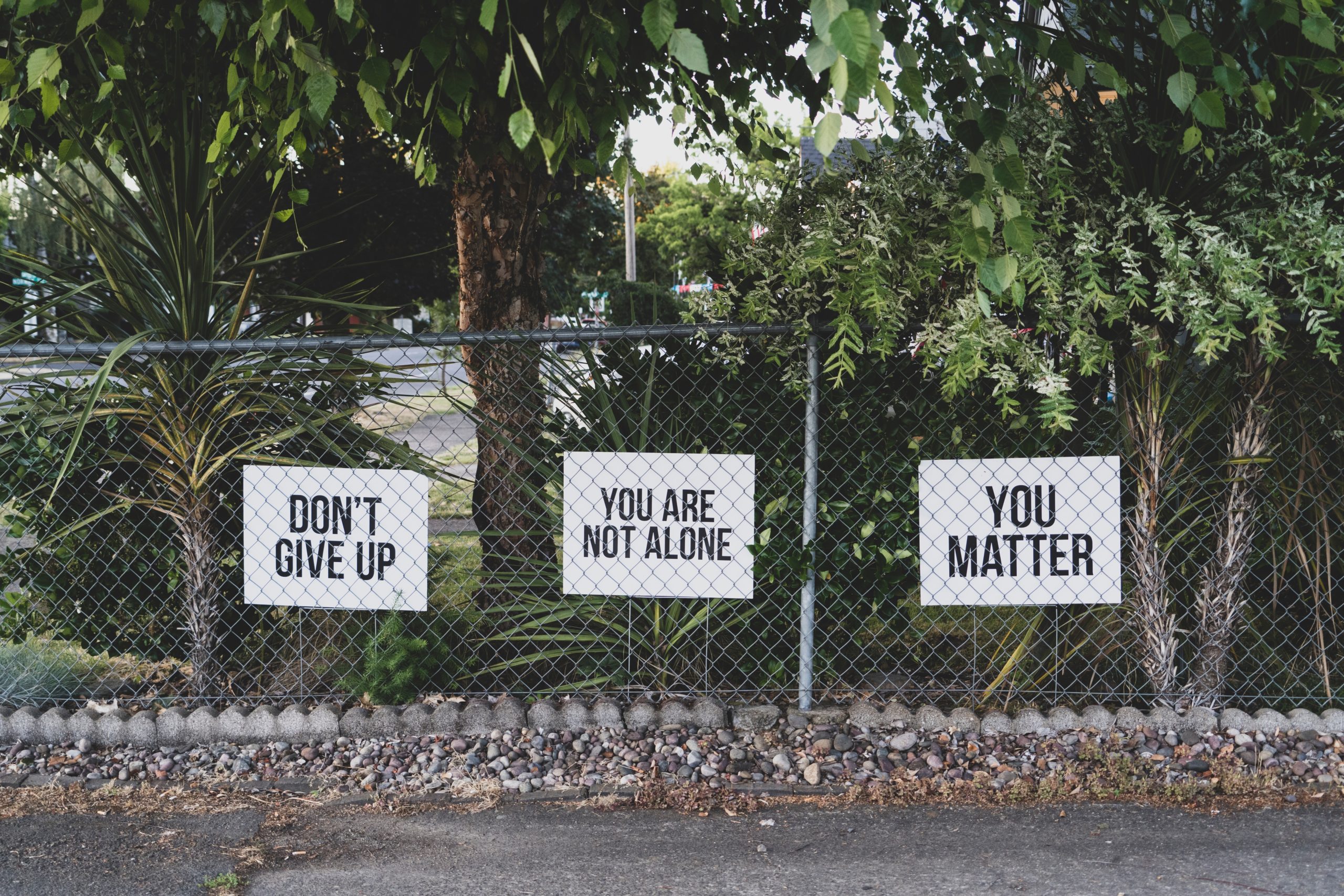A tall and handsome young man walked into my counselling room with a drooping head. He spoke with a weak voice and he avoided any eye contact. He was a twenty-something client with a history of two attempted suicides and one hospitalization. He had been seen already by a psychiatrist and two cognitive behavioral therapy (CBT) psychologists. I expected a very challenging case.
But within ten minutes, his face brightened, and the atmosphere changed in a remarkable way. In response to my first question, “How can I help you?”, he said, “I want to kill myself after breaking up with my first love.” After learning the details of their relationship, and his present pain, I told him that most people have experienced the horrible trauma of breakups. He nodded his head as I told him that the pain from a broken heart could be more unbearable than that of a broken leg or arm – a broken heart could make one feel that the whole world has become dark and the ground beneath their feet has collapsed.
Then came the turning point: “Looking at this matter from a different perspective, you should congratulate yourself that you did not marry your first love, because statistically nationwide, and from my own clinical experiences, most people who married their first love would either end up divorced or feel trapped in a miserable marriage. That is because in these cases, people were often emotionally immature and did not know what kind of person would be best for them as a lifelong partner. Most were drawn together primarily by sexual attraction and the idea of having fun together.”
For the first time, he lifted up his head and looked at me. Now that I had his full attention and expressed interest, I threw him a zinger: “Don’t you think that it is silly to end one’s life just because the first attempt did not work out? You are still young, and the right woman is out there still waiting for you; and you want to give up and end your life?”
He broke into a broad smile: “Yes, it is very stupid of me.” After this turning point, he became fully engaged and cooperative. We explored his concerns at different levels, always with the idea that suffering is a gift for positive change.
At the personal level, his traits as an anxious, neurotic, introvert was both a curse and a blessing. It was a curse because he suffered more intensely than other people due to being oversensitive to rejection, uncertainty, and other negative things in life. It was a blessing, because he was more empathetic and compassionate than those without the knowledge of suffering. Therefore, he would seek deeper relationships with others from now on.
At the familial level, he also felt ashamed that his selfish act of attempted suicide had caused his parents great pain. For all their sacrifices they had made for him, they did not deserve this unnecessary burden. Therefore, he decided to apologize to his parents and express gratitude towards all their love and support.
At the spiritual level, he came from a Buddhist background and then became a Catholic. Again, he realized his silliness of trying to kill himself because of a failed relationship. After some discussion, he fully agreed that accepting life in totality with gratitude was the best way to face disappointments and sufferings in life.
Finally, I reassured him that his chest pain would go away once he had cleared his head and emotions, because past medical examination had confirmed that his cardiovascular system was in good health. I told him that the rush of adrenaline into his bloodstream because of the trauma of suffering from a broken heart could easily create similar symptoms as one suffering from a heart attack.
During the second half of counselling, the room was filled with laughter and deep intellectual discussions. He realized the difference between CBT and my integrative meaning therapy, which is also known as CBT-plus-anything that could help the client.
Cite
Wong, P. T. P. (2020, January 13). A Case Study of Suicide Prevention in Meaning Therapy.

